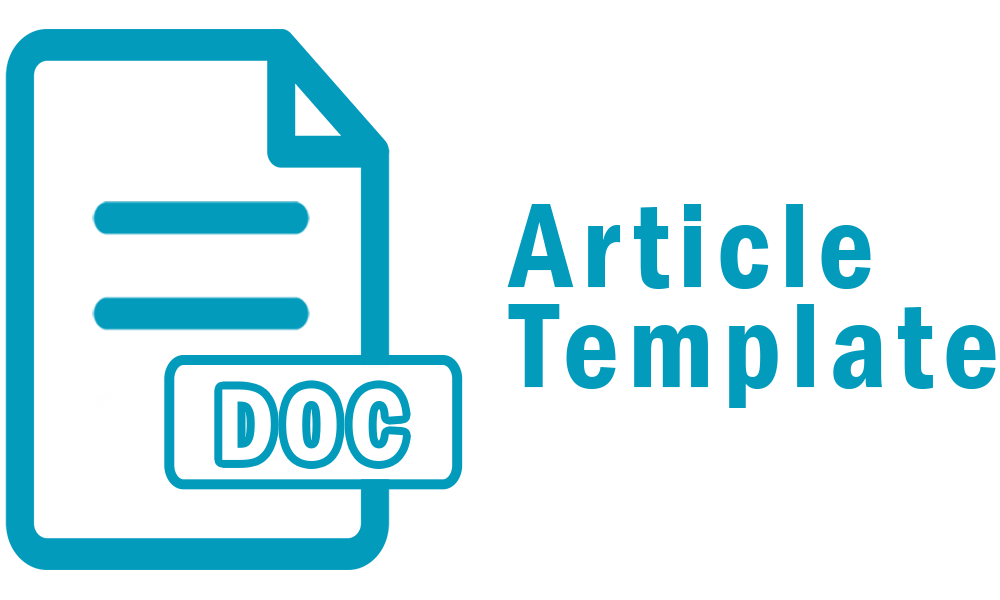ANALYZING THE EFFECT OF DENSITY VALUE DEVIATION ON PRINT QUALITY
DOI:
https://doi.org/10.46961/kreator.v7i2.298Abstract
The quality control activities, in particular the measurement of density values, are part of the quality control parameters carried out by each company. Companies sometimes forget about the quality parameters of the name, even though the quality can give the printed products a good guarantee in the eyes of consumers. To achieve the quality level, of course, the business does not stand idle, there are several things that need to be done or provided by the business to support the quality, namely man (human), machine (machine), material (material), and method (method). In the development of technology in an increasingly advanced digital world, companies want to continue to compete with a digital world by making inroads, this of course gives the products produced by the company a good or a good level of quality. In this discussion, there is an identification of problematic aspects arising from the deviation of density values as well as ways to obtain standard density values and factors that affect the quality of prints on book cover prints using a Heidelberg machine.
Keywords—Quality Control, Density, Standart, Product, Deviation
Downloads
Published
How to Cite
Issue
Section
Citation Check
License
Authors who publish with Kreator agree to the following terms:
- For all articles published in the Kreator, copyright is retained by the authors. Authors give permission to the publisher to announce the work with conditions. When the manuscript is accepted for publication, the authors agree to the automatic transfer of non-exclusive publishing rights to the publisher.
- Authors retain copyright and grant the journal right of first publication with the work simultaneously licensed under a Creative Commons Attribution-ShareAlike 4.0 International License that allows others to share the work with an acknowledgment of the work's authorship and initial publication in this journal.
- Authors are able to enter into separate, additional contractual arrangements for the non-exclusive distribution of the journal's published version of the work (e.g., post it to an institutional repository or publish it in a book), with an acknowledgment of its initial publication in this journal.
- Authors are permitted and encouraged to post their work online (e.g., in institutional repositories or on their website) prior to and during the submission process, as it can lead to productive exchanges, as well as earlier and greater citation of published work (See The Effect of Open Access).











